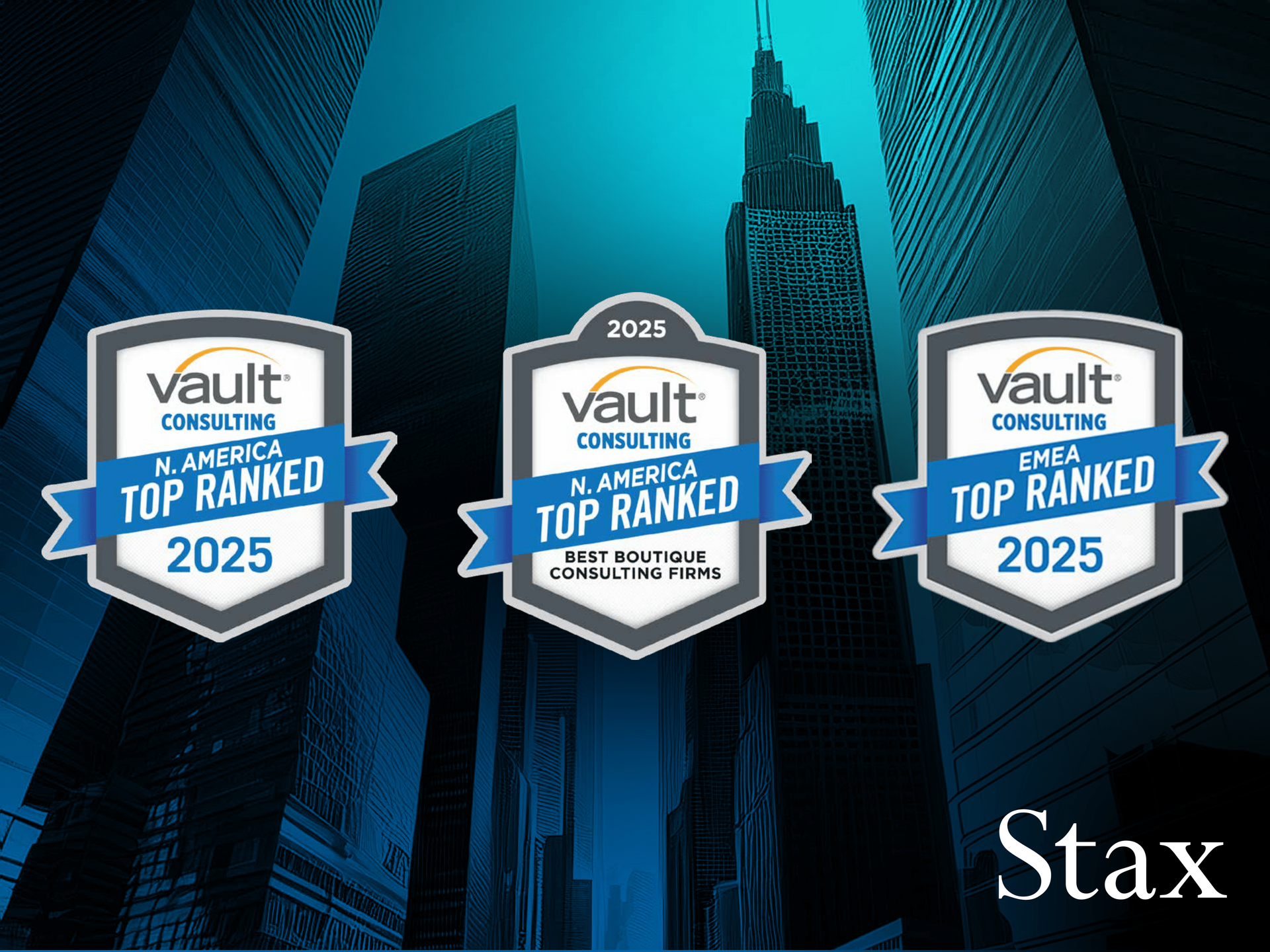Optimizing the 2021 Vintage: Navigating Late-Stage Ownership
Optimizing the 2021 Vintage: Navigating Late-Stage Ownership
As 2024 transitions to 2025, businesses acquired in 2021 by private equity firms are entering the "late-stage ownership" phase. Many of these companies were purchased during a period of peak valuations, driven by optimism, low-interest rates, and post-Covid fund deployment. Since then, management teams have faced an array of challenges, including inflation, supply chain disruptions, rising interest rates, geopolitical instability, and the rapid emergence of AI.
Now, as economic pressures increase, the focus shifts to recalibrating strategies to protect value, drive growth, and prepare for what’s next. Below, we explore key challenges and offer actionable priorities to help management teams set their businesses up for success.
1. Recalibrate your Market Understanding
Shifting customer needs, competitive dynamics, and technological advancements have reshaped many sectors, making it critical to evaluate performance in a relative context—asking not just how well a business is performing, but whether it is outperforming the market. A comprehensive commercial diagnostic, benchmarking performance against peers and market trends, can illuminate areas of strength while uncovering opportunities for strategic differentiation.
2. Proven Ability to Manage Inflationary Pressures and Rising Costs
Inflation has driven up input costs, wages, and supply chain expenses, putting significant pressure on profit margins—particularly for businesses acquired at high valuations, where expenses are rising faster than revenues. To address this, management teams should prioritize cost control strategies that preserve quality and customer satisfaction. Implementing procurement strategies, such as leveraging volume discounts, strengthening supplier relationships, and identifying alternative sources, can help manage expenses. Additionally, automating routine processes can reduce operational costs, enabling greater efficiency with lower overhead.
3. Optimize Debt Structures in a High-Interest Environment
Many PE-backed companies acquired in 2021 were financed with substantial debt under low interest rates, but the sharp rise in rates has increased debt servicing costs, straining cash flows. To mitigate this, management teams should explore refinancing options to secure better terms and consider paying down high-cost debt to alleviate financial pressure. For companies with less flexibility, a robust cash management plan that prioritizes liquidity and carefully manages working capital is essential to maintain stability.
4. Drive Operational Efficiencies
To command a premium at exit, late-stage PE businesses must demonstrate both growth and efficiency, which can be challenging in a tougher economic environment. Enhancing operational efficiencies is key to driving up EBITDA. Management teams should focus on lean operations and process improvements, using data analytics to identify inefficiencies across production, logistics, and sales functions. Standardizing processes, reducing redundancies, and investing in technologies like CRM and ERP systems can streamline operations, boost margins, and enhance decision-making, ultimately positioning the company for a successful and attractive sale.
5. Enhance Revenue and Market Opportunity through Product and Market Diversification
Buyers are increasingly focusing on revenue that aligns with “what you do and who you do it for,” prioritizing predictable, low-risk growth. Relying on a narrow set of products or markets heightens risk, especially in times of economic uncertainty. Diversification is essential for maintaining revenue stability and driving future value. Companies should proactively identify opportunities to expand product offerings or enter new markets ahead of a sale process. Thoughtful digital transformation of sales and marketing efforts can also help reach new customer bases cost-effectively. By diversifying and demonstrating resilience, businesses can protect revenue streams and attract potential buyers.
6. Prepare for ESG and Regulatory Compliance Requirements
ESG (Environmental, Social, and Governance) considerations are increasingly critical for investors, with late-stage companies expected to demonstrate maturity in these areas. At the same time, regulatory compliance has grown more complex, particularly for businesses operating internationally. PE firms should evaluate and enhance the ESG practices of their portfolio companies by adopting environmentally friendly production methods, improving supply chain transparency, and prioritizing employee well-being initiatives. Integrating ESG into reporting processes and setting measurable goals not only adds credibility but also strengthens a company’s appeal to investors during the sales process.
7. Position for Sale: A Focus on Strategic Value
With buyers increasingly cautious in today’s economic environment, businesses must craft a compelling narrative that justifies their value beyond financials alone. Navigating a tougher market for exits requires thorough preparation. PE firms should focus on building a clear, data-backed growth story that emphasizes the business’s resilience and competitive advantages. Proactively addressing operational or compliance issues ahead of due diligence can prevent potential valuation hurdles. Additionally, preparing comprehensive management reports, showcasing key metrics, and organizing a well-structured data room will streamline the sale process and instill confidence in buyers.
8. Supplement a High-Performing Leadership Team
For PE-backed companies preparing for exit, a strong and experienced leadership team is a critical value driver, particularly in challenging market conditions. Ensuring leadership alignment with long-term goals and the strategic plan is essential for supporting a successful sale. Conducting executive assessments and investing in leadership development programs can strengthen the team’s ability to execute effectively. Additionally, implementing structured incentives or equity stakes for key talent can enhance retention, ensuring stability and continuity—both of which are vital to building buyer confidence.
Conclusion
For late-stage ownership PE businesses bought in 2021, current economic headwinds demand careful attention to operational efficiency, cost control, and value generation. Through a performance diagnostic, followed by focusing on these operational areas, private equity firms can maximize the value of their investments, manage through economic uncertainty, and ultimately position their portfolio companies for a successful exit. As these businesses prepare for sale, demonstrating resilience, strategic growth, and operational efficiency will be key to attracting and securing buyer interest in a more cautious market.
Read More
All Rights Reserved | Stax LLC | Powered by Flypaper | Privacy Policy







